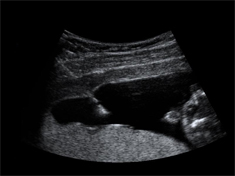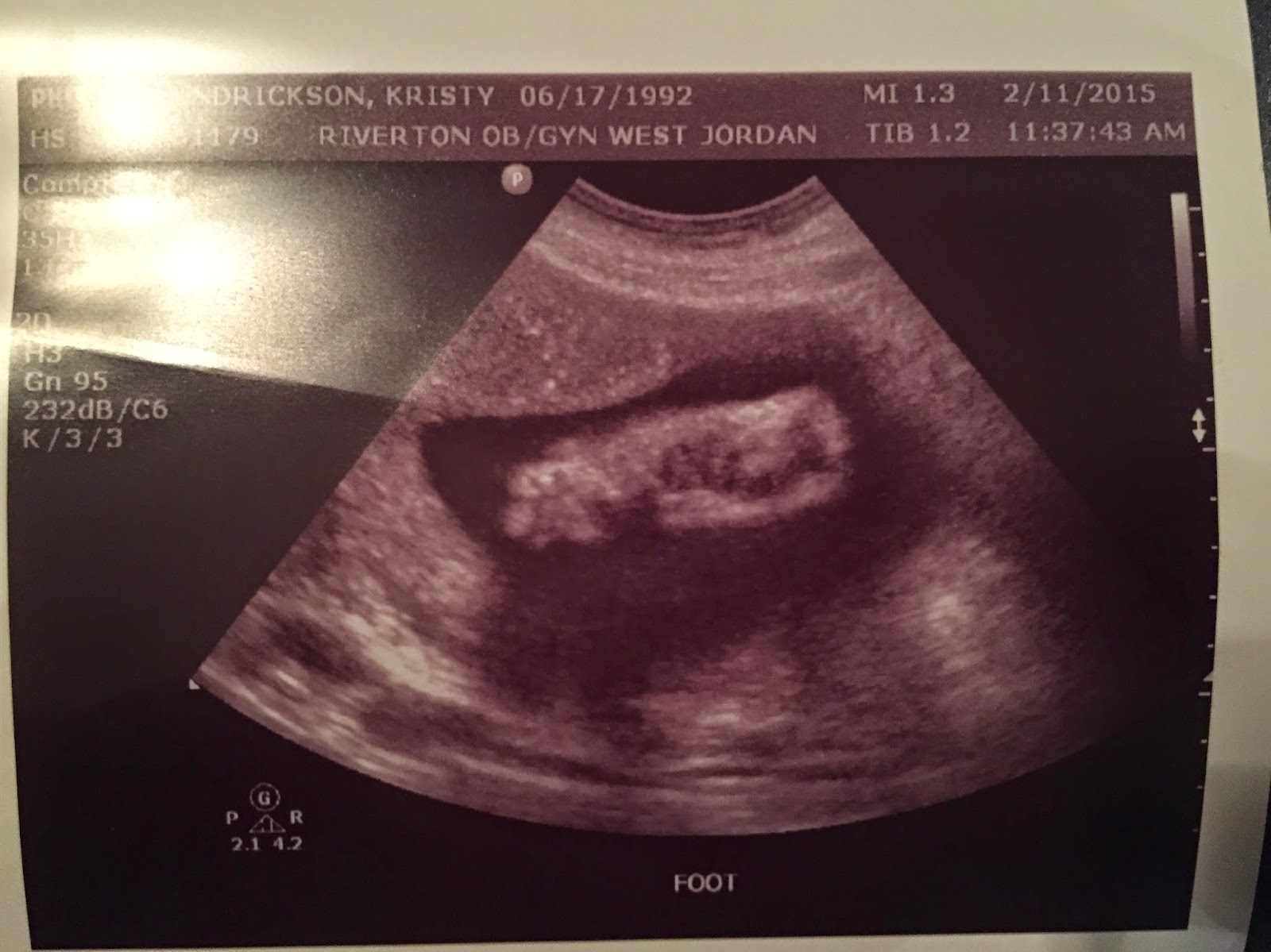

If you haven’t already purchased one, you’ll need a rear-facing car seat properly installed in time for your baby’s trip home from the hospital. You can talk to your healthcare provider or a lactation consultant to get more information. The choice of breastfeeding or formula feeding is yours to make, but you may want to find out more about each. Research your options for feeding your baby.

Who could you ask to help out every now and then? This is also a good time to consider your support after the birth too. Still haven’t packed your hospital bag? Get to it! Your baby could arrive any day now. But, if you feel contractions that occur regularly, get progressively stronger, and don’t subside if you move or change positions, you’ll want to call your healthcare provider for advice. Contractions that are irregular and go away when you move or change positions are likely Braxton Hicks “practice” contractions. At 37 weeks pregnant, you could start to feel contractions that you might recognize as being similar to menstrual cramping. Try not to tilt your pelvis forward or backward, and avoid lifting or carrying heavy or bulky items.Ĭontractions. Once your baby drops lower into your pelvis, the distribution of your weight may even change again, so be extra careful whenever you’re on your feet! To keep yourself steady, stand with your feet pointed in the same direction with your weight balanced evenly on both feet. This extra weight from your baby, the placenta, amniotic fluid, and more can make it challenging to move around. By now, your pregnancy weight gain means your center of gravity has shifted, making it easier for you to lose your balance.

Make sure you stay hydrated and use a humidifier in your bedroom. Most moms-to-be go through some breathing changes during pregnancy thanks to hormonal changes, and toward the end, some snoring is not uncommon as the mucus membranes in your nasal passages tend to dry out. This one might not trouble you as much as your partner. Bland foods like rice, toast or bananas can also help get you through these bouts of nausea. Try to eat four or five smaller meals instead of three larger meals. Some moms-to-be experience nausea around 37 weeks pregnant, and it could be a sign that labor is about to start. Once your baby “drops” lower into your pelvis, this may take some pressure off your lungs and diaphragm, making it easier for you to breathe. Try to rest more, move slowly and sit or stand up straight to help give your lungs more room to expand with each breath. Your baby might not have dropped yet and is pressing up against your lungs, making breathing a little more difficult. Contact your healthcare provider for more advice on what to do to relieve pelvic or lower back pain. If pelvic pressure is causing you discomfort, a warm bath may provide some relief. This pelvic pain can even make it hard for you to walk.

Is your baby sitting lower in your pelvis these days? This dropping - also called lightening or engagement - can occur a few weeks before your baby is born, and you might notice it if you feel a little extra pressure on your lower abdomen. What are symptoms like at 37 weeks pregnant? Your baby won’t be considered “full term” until week 39. Keep in mind that, although you are super close to your due date, your baby is still considered to be in the “early term” stage at this point. This week, your baby is probably gaining about a half an ounce each day, adding fat and plumping up before birth. You are 37 weeks pregnant and your pregnancy is quickly coming to an end, but your little one still has a bit more growing to do.


 0 kommentar(er)
0 kommentar(er)
